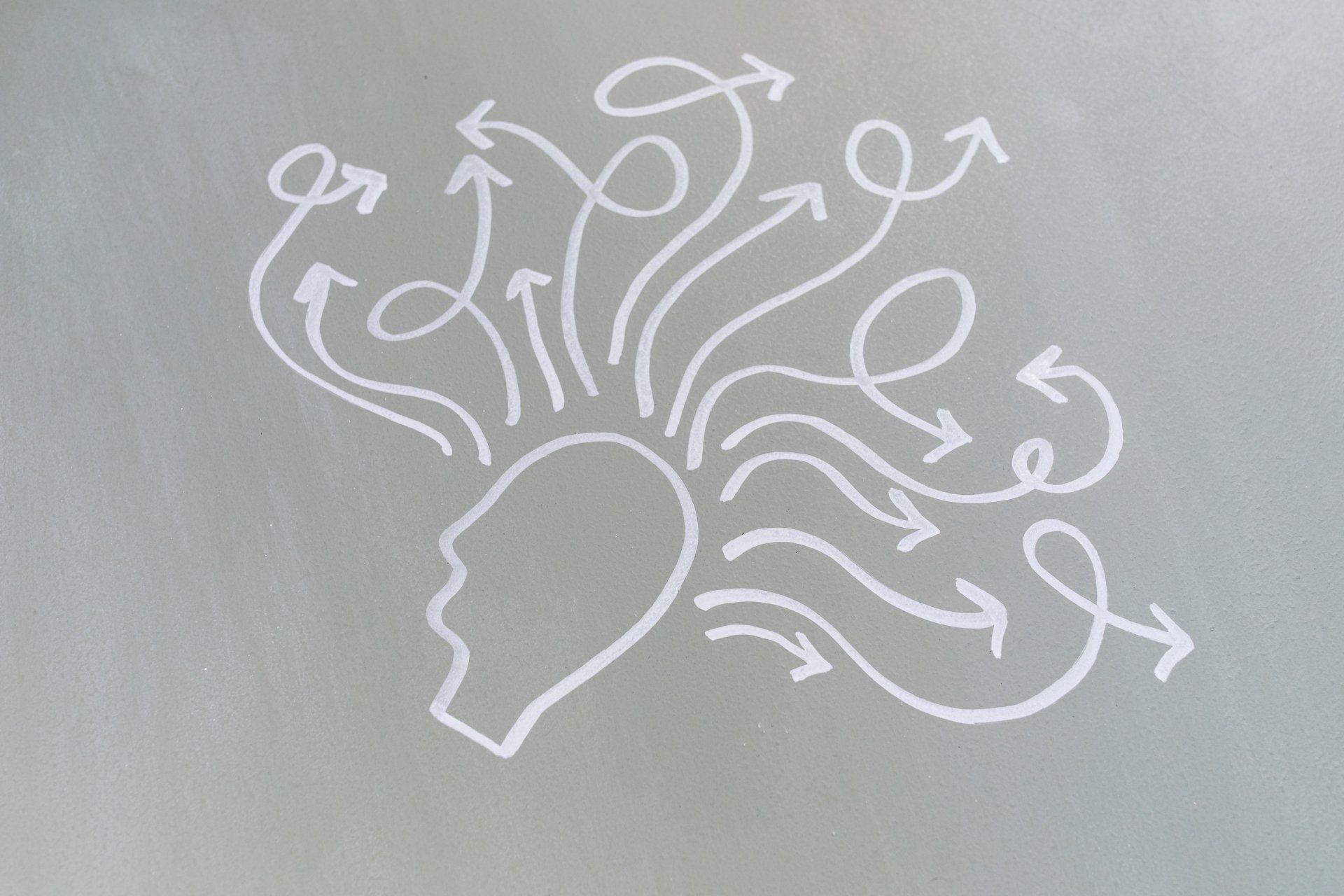Newly Prescribed Medications for ADHD May Increase Risk of Psychosis
Newly Prescribed Medications for ADHD May Increase Risk of Psychosis
From our first blog post we know that Attention Deficit Hyperactivity Disorder (ADHD) is the most prevalent mental health disorder affecting children in Canada and 80% of children maintain their diagnosis into adolescence. Once diagnosed, many doctors prescribe medication to manage symptoms such as inattention, impulsivity and hyperactivity. Amphetamine based medications are a popular choice in the management of ADHD symptoms.
A recent study published in the New England Journal of Medicine used data from two commercial insurance claims databases to assess over 211,846 ADHD patients between the ages of 13 and 25. Researchers categorized patients into two groups:
-
New users of amphetamines (i.e. Adderall and Vyvanse)
-
New users of methylphenidates (i.e. Ritalin and Concerta)
Between January 1, 2004 and September 30, 2015, there was an even match of 110,923 patients taking methylphenidates and amphetamines. After analyzing both groups, researchers found that there were 106 episodes of psychosis (0.10%) in the methylphenidate group and a shocking 237 episodes (0.21%) in the amphetamine group. With over double the amount of psychotic episodes, it is clear that ADHD patients taking amphetamines were more likely to develop psychosis than those who took methylphenidates.
The results from this study imply that new amphetamine users may have an increased risk of developing psychotic symptoms such as delusions, hallucinations, paranoia, and hearing voices. The findings of this study should not be taken out of context to say that amphetamine based medications cause psychosis or that these medications are unsafe. However, it is important to note that patients already using amphetamines to treat ADHD should continue to do so if they see benefits and no negative side effects. It is always important to discuss any negative side-effects you may be experiencing to the doctor that prescribed your medication.
Although psychosis with either class of medication is rare (rate of 1 in 660 patients), researchers have cautioned patients to learn about the risks associated with it. Remember, medication is not the only support for ADHD. Neurofeedback has been recognized as an effective method for reducing ADHD symptoms by the American Academy of Pediatrics (AAP). Click here to learn more about this non-invasive treatment. Check our Neurofeedback Therapy For ADHD in Toronto
REFERENCES




Now accepting new clients, but some services may be waitlisted
Neurofeedback Therapy
Psychological Assessments
Smart Site Design & SEO Services by Green Lotus Agency







